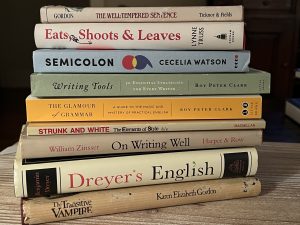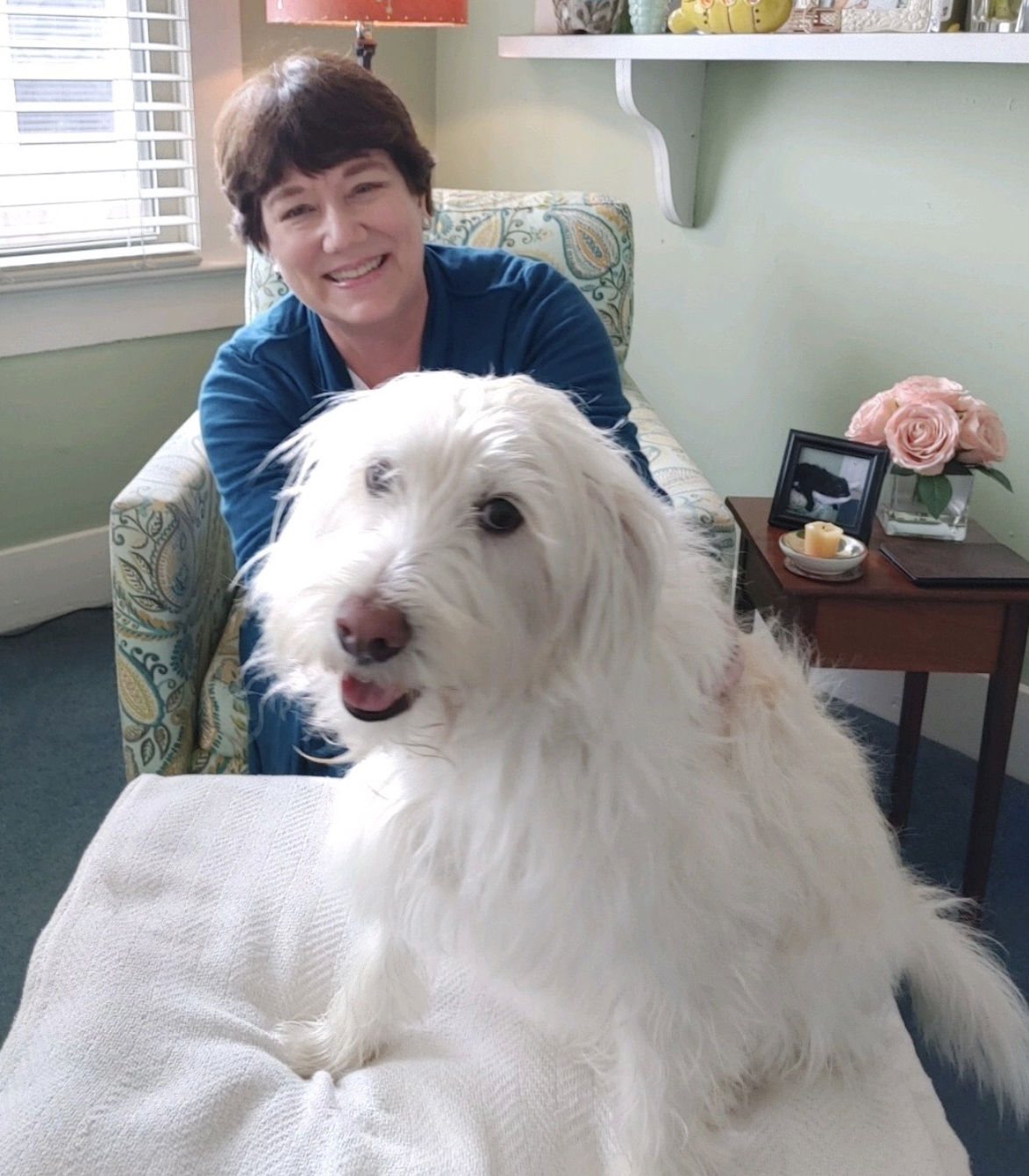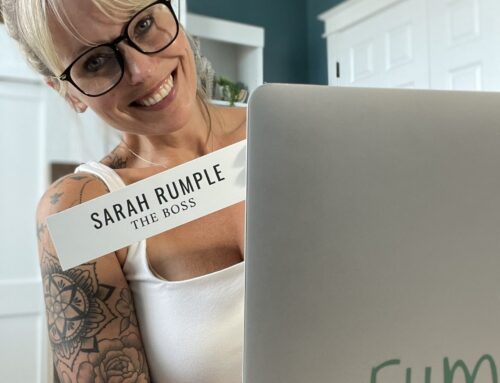For as long as I can remember, I’ve been fascinated with words. I was 8 years old when my father took me and my siblings to the library and turned us loose in the children’s section to explore the books and pick out what we wanted to read.
My father was a voracious reader throughout his life, and I fell in love with reading, too, after that trip to the library.
I was the kid who read the backs of cereal boxes at breakfast and the signs along the road when we went on vacation. I devoured classics like The Secret Garden, the Chronicles of Narnia, and other children’s favorites.
I plowed through the Bobbsey Twins, Nancy Drew, and Hardy Boys series of mysteries. And for a time, I couldn’t get enough of science fiction books, no matter how post-apocalyptic the stories were.
Reading so much helped me develop a feel for words and language, which, in turn, served me well in high school and college when I was writing assorted essays and term papers.
It was not that much of a leap, then, to decide to major in journalism. With journalism, I could combine my love of words with an innate curiosity—or nosiness, as a former editor put it—and put together stories that readers hopefully found interesting and useful.
And then I discovered copyediting. Copyediting is about the details of language—spelling, grammar, punctuation, word choice, and so forth. I was hooked.
To most people, the whole idea of copyediting is an exercise in nerdiness, but I disagree. At its best, copyediting makes every piece of writing better, no matter how talented the writer. Ensuring the right word is used, the spelling is correct, and the grammar is right polishes the writing and gives it an extra oomph—ideally, without the reader ever noticing.
Copyediting helps bolster a writer’s credibility in the sense that if a reader notices small, easily fixable mistakes in a piece of writing, it raises questions about whether he or she should trust that the writer has gotten the major facts of the story right.

Over the years, through a working life that has moved from to journalism, to academia, to public policy research, to government-related communications, I’ve amassed a collection of stylebooks, writing guides, and plain quirky books about the English language. That probably seems like overkill, but I’ve learned valuable things from all of them and become a better copyeditor as a result.
To give you an idea: When I was in high school and college, my writing guides were Turabian’s A Manual for Writers of Term Papers, Theses, and Dissertations, and the MLA Handbook for Writers of Research Papers. Throughout my journalism career, The Associated Press Stylebook was the go-to guide, as was Strunk and White’s The Elements of Style. By the time I was studying for my master’s degree and Ph.D. and writing academic papers, I’d moved on to The Chicago Manual of Style and the Publication Manual of the American Psychological Association.
Other language reference books I picked up along the way, because I was intrigued by their titles and the ways the authors approached the subject. Some of my favorites include Dreyer’s English: An Utterly Correct Guide to Clarity and Style, The Transitive Vampire: A Grammar Handbook for the Innocent, the Eager, and the Doomed, Eats, Shoots & Leaves, and Semicolon.
You get the point.
All of which brings me to my work with Rumpus Writing and Editing. About 18 months ago, my longtime friend and former colleague Paulette Senior, who is the editor for Rumpus, asked if I’d be interested in joining the team to help edit blogs about all things pet-related for veterinary practices.
It was an intriguing idea. And, once I had the chance to meet and talk with Sarah Rumple, Rumpus owner, and Angela Beal, the chief operating officer, I was on board. Their passion and commitment were infectious, and I wanted to be part of that. Today, I feel fortunate to be working with such a talented group of people and indulging my passion for copyediting by helping Rumpus’ writers find the right way to say what they want to say.
One note of caution, though. Spending so much time working with words and reading about words has had a decided impact on my leisure reading. I find I notice mistakes in writing much more easily and, if they’re numerous enough, they become such a distraction that I simply give up on the book. It doesn’t matter how good the story might be.
Nerdy, I know, right?








Leave A Comment